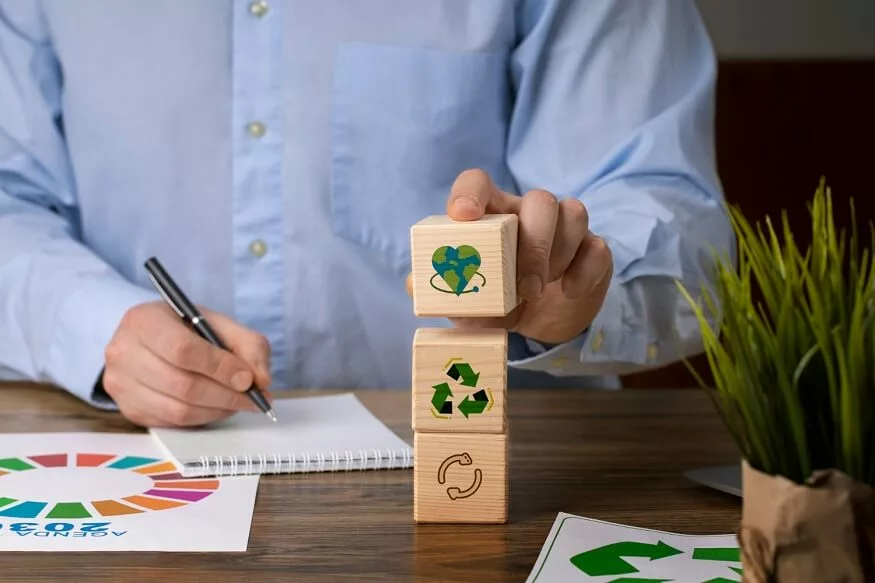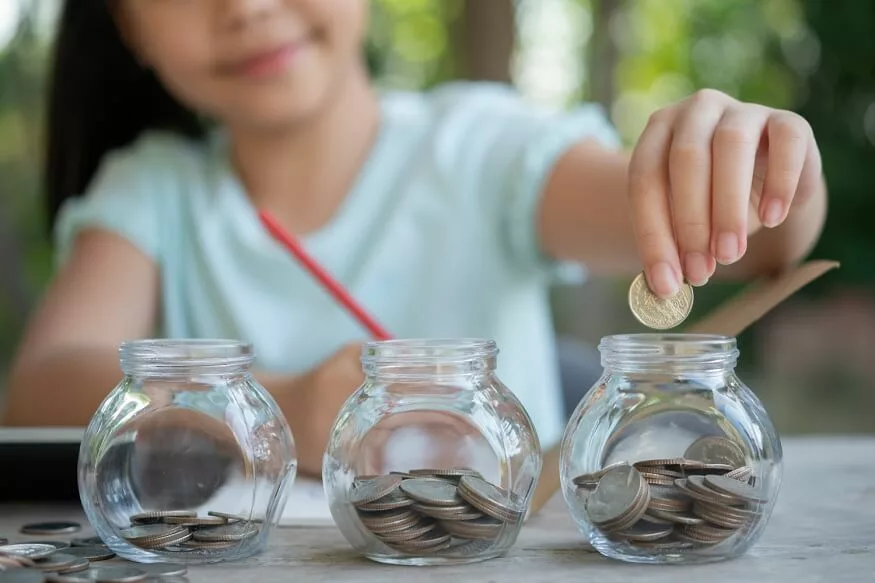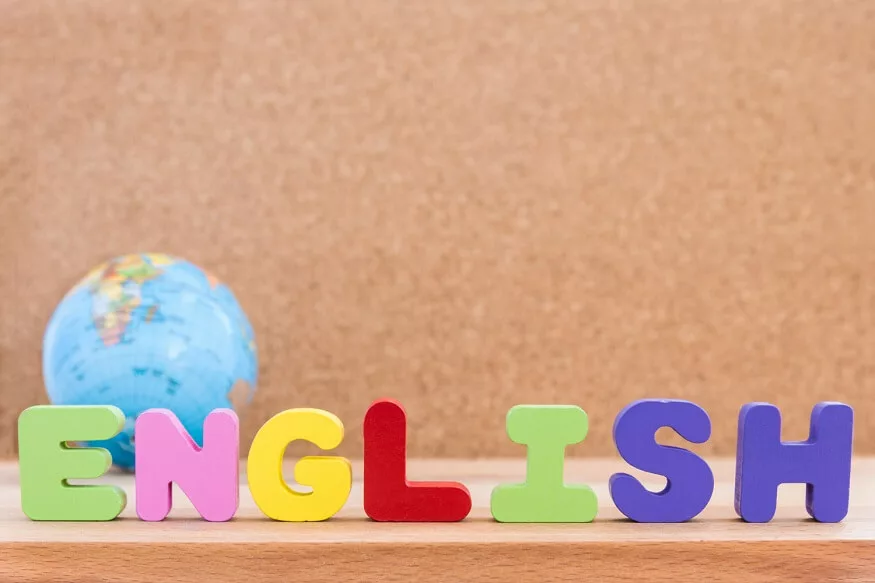Today, looking after our planet has become for its survival. As parents and teachers, we are responsible for teaching future generations about being sustainable.
In this blog we will share ways to teach kids about sustainability!
Understanding Sustainability
Sustainability represents inculcating practices that protect our natural environment. Instilling sustainable habits early in kids helps them make eco-friendly choices in their everyday lives. It shapes their attitude towards the environment, creating a generation that is conscious of their choices and their impact on the planet.
Teaching Sustainability to Kids
Lead by Example
Children learn most through observation. The everyday choices parents make around children influence their habits and their belief systems.
Parents and educators must display sustainable habits such as recycling, composting, and saving energy, and water. For instance, you can let your child observe while you separate trash for recycling. Once you have explained the importance of recycling to them, you can create separate bins for plastic, wet waste, glass and paper waste for them to use. Make a weekly trash day their responsibility under your supervision.
Gardening and composting
Teaching kids gardening is about plants, soil, water, weather, and organic farming methods. When they grow their own food, it helps them be independent and reduces the need for transporting and packaging store-bought produce.
You can start by planting fruits and veggies in a garden. Let them go pick the fruit they will eat after a meal. This promotes healthy eating habits.
Composting can also be introduced as a solution to reduce waste and teach the concept of recycling natural resources.
By teaching children to garden responsibly, we can instil sustainable habits that will be useful for them in the long run.
Interactive Learning Tools
Interactive learning tools provide creative ways to explain complex subjects like biodiversity and conservation. Several interactive websites, applications, and children’s books focus on environmental education.
Apps such as ‘Recycle City’ or ‘Joules and Watts’ educate children about recycling and energy efficiency respectively, through simulative experiences.
Gamified learning platforms employ competitive elements to teach sustainable habits effectively. For example, ‘Eco-challenge’, a digital game, enhances their knowledge about the environment and encourages responsible behaviour.
Encourage Energy Saving Habits
Show your child how important small actions are, like turning off lights, unplugging devices, using natural light, and saving water. These habits really help the planet stay healthy in the long run. Explain to them the relation between excessive energy usage and harmful environmental impacts like climate change.
Incorporate Sustainability into their reading
Integrate environmental messages within their storybooks. Stories with strong environmental themes build awareness about eco-friendly practices. Whether it is reading books about reusing and recycling or watching educational videos about renewable energy, it is important to use stories to instil sustainable habits in kids.
By narrating stories that highlight the impact of individual actions on the environment, children learn valuable lessons about conservation. Watching and discussing movies like “Wall-E” can spark a conversation about sustainability, pollution, and the consequences of our actions.
Also Read: Importance of Sustainable Education for Next Generation
DIY Crafts and Toys
Encourage your kids to limit the purchase of plastic toys. Teach your child to make their toys or crafts from recycled materials. This strategy can help reinforce the concept of reusability amongst children.
Outdoor Activities
Outdoor activities such as bird-watching or hiking should be encouraged in kids. This will not only instil a love for the environment, but they will also learn to appreciate nature and understand the importance of its conservation.
During such activities, discuss the beauty of nature and have them observe minute details in natural surroundings. Teach them about the importance of protecting and preserving natural habitats for future generations.
Discussing Environmental News
Talk about current environmental issues to children. Talking about climate change, deforestation, and protecting animals is important, but it’s best to talk about it in a way that fits their age. This helps kids understand and know how they can help the environment.
Link global environmental issues to local problems around them. Open up the conversation around how solving the local environmental issues can lead to a greater good. This will help the child look at the environment and its issues from a different perspective and develop sustainable practices for themselves.
Field Trips
Organising trips to local farms, botanical gardens, or environmental exhibitions can offer practical exposure to various aspects of sustainability.
Visiting conservation parks can teach them about local flora and fauna and their significance in maintaining the ecological balance. Trips to green tech enterprises could encourage interest in sustainable energy practices such as solar, wind or water energy.
Educational field trips create a more immersive learning experience, leading to a greater understanding of environmental issues and the establishment of long-lasting sustainable habits.
Encouraging Questions
Prompt your child to ask about the environment. It gets them thinking about what’s around them and how human actions affect it. This helps them develop habits that are good for the planet every day. This will enable them to build sustainable habits in their daily life.
Also Read: Environmental Safety for Kids
At EuroSchool, teaching sustainability to children is crucial in building habits that promote environmental conservation and preservation. Students in EuroSchool often engage in sustainability projects ranging from setting up recycling programs and energy conservation initiatives to organising community clean-up events.
These projects influence children to make more eco-friendly decisions in the future, contributing significantly to the sustainability of our planet.











